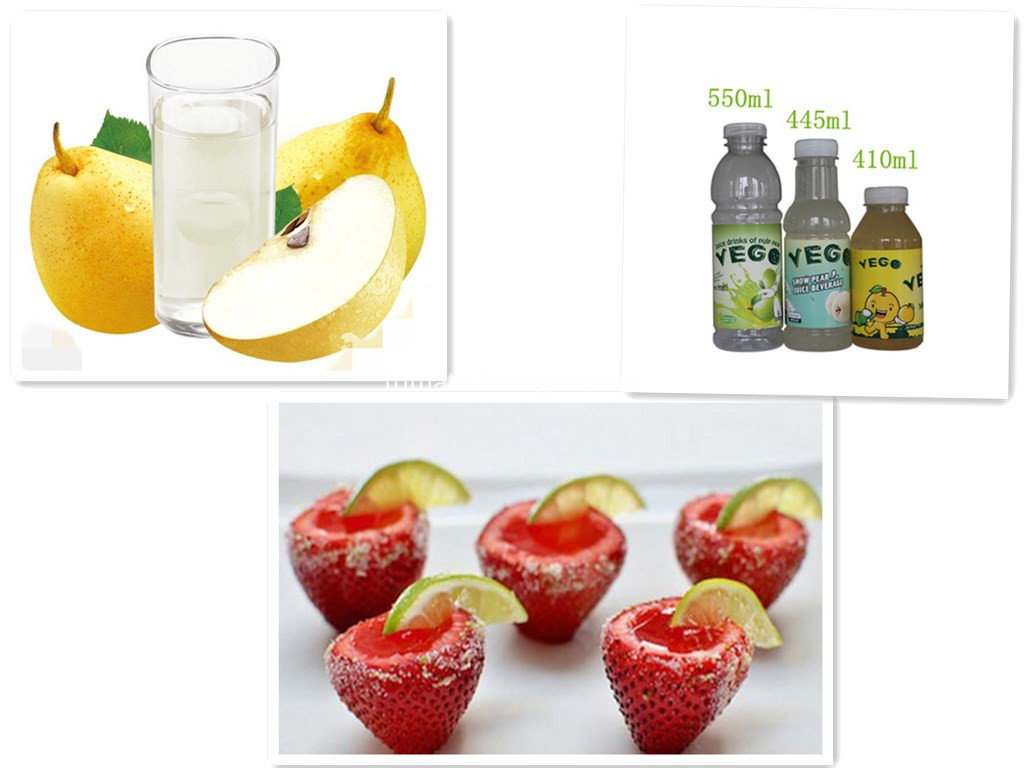Attention: Characteristics and uses of four natural preservatives
Allicin - natural preservative Garlicin contained in garlic has strong inhibitory and killing effects on some pathogenic intestinal bacteria such as dysentery bacilli and common food spoilage fungi. This makes it a natural preservative. Ma Muying of Shenzhen Education College used garlic aqueous solution to test dozens of common fungi, yeasts and other fungi that polluted foods. It was found to have inhibitory effects on these fungi and antiseptic ability. It is similar to the chemical preservatives sodium benzoate and potassium sorbate. The antibacterial properties of garlic garlic cloves are very weak, and the stems and leaves of garlic and garlic have considerable antibacterial effects. Its antibacterial properties are much lower at high temperatures, so the application of garlic extracts for preservation and preservation is carried out at a lower temperature (85). The optimum pH of garlic is about 4, which is suitable for the preservation of acidic foods. Natural preservative - essential oil Essential oils have been widely used as natural preservatives for the growth of roots, bark, seeds or fruits of tropical aromatic plants. In recent years, there have been few reports about essential oils as food preservatives. The clove oil is mainly eugenol, and also contains enamel and the like. Wu Chuanmao and other studies found that clove oil has a broad-spectrum antibacterial effect on Staphylococcus aureus, Escherichia coli, yeast, Aspergillus and other foods, and is stable to heat within 100oC. The outstanding feature is the inhibition of fungal action. Litsea cubeba oil is extracted from the fresh fruit, bark and leaves of Litsea cubeba, containing citric acid, methyl heptene and other substances. Yu Bo research found that the antibacterial effect of Litsea cubeba oil on most molds is similar to that of potassium sorbate, but stronger than sodium benzoate. Natural preservative - tea polyphenol A large number of experiments have shown that tea polyphenols have a good physiological effect on the human body. It can remove excess free radicals in the human body, improve the permeability of blood vessels, enhance the elasticity of blood vessel walls, lower blood pressure, prevent blood sugar from rising, and promote the absorption of vitamins. assimilation. There are also anti-cancer and anti-mite, anti-human body lipid oxidation and anti-radiation effects. Tea polyphenols also have a good antiseptic and fresh-keeping effect on Bacillus subtilis, Staphylococcus aureus, Escherichia coli, tomato ulcer, Streptococcus mutans and Mucor, Penicillium, Gibberella, Anthrax, Saccharomyces cerevisiae, etc. Inhibition. Chinese herbal medicine - natural preservative
We Hebei Tomato Industry Co., Ltd are specializing in processing canned food for many years. We can supply you with Tomato Paste with different sizes, besides, we can do Canned Peach, Canned Pear and juice, Nata de Coco, IQF, etc. Our goods is up to international standard. we export canned peach to Japan with large quantity every year. Some African countries are our markets too.
*Related Products:canned whole peach and pear.
Canned Fruit,Canned Juice,Canned Fruit Juice,Canned Coconut Juice,Canned Peach, Canned Pear Hebei Tomato Industry Co., Ltd. , https://www.hebeitomato.com
Chinese herbal medicines of medlar type are mainly glucose or non-glucose mash, and also contain a certain amount of free sputum, such as rhubarb, Polygonum cuspidatum, cassia seed, Polygonum multiflorum and valerian, etc., with two mutual symmetry, only p-unsaturated Carbonyl structure. Xiong Weidong and others conducted antibacterial tests on Chinese herbal medicines of medlar. The results showed that the combined antibacterial activity should be between sodium benzoate and cinnamaldehyde. It therefore has the feasibility of being a natural preservative. 